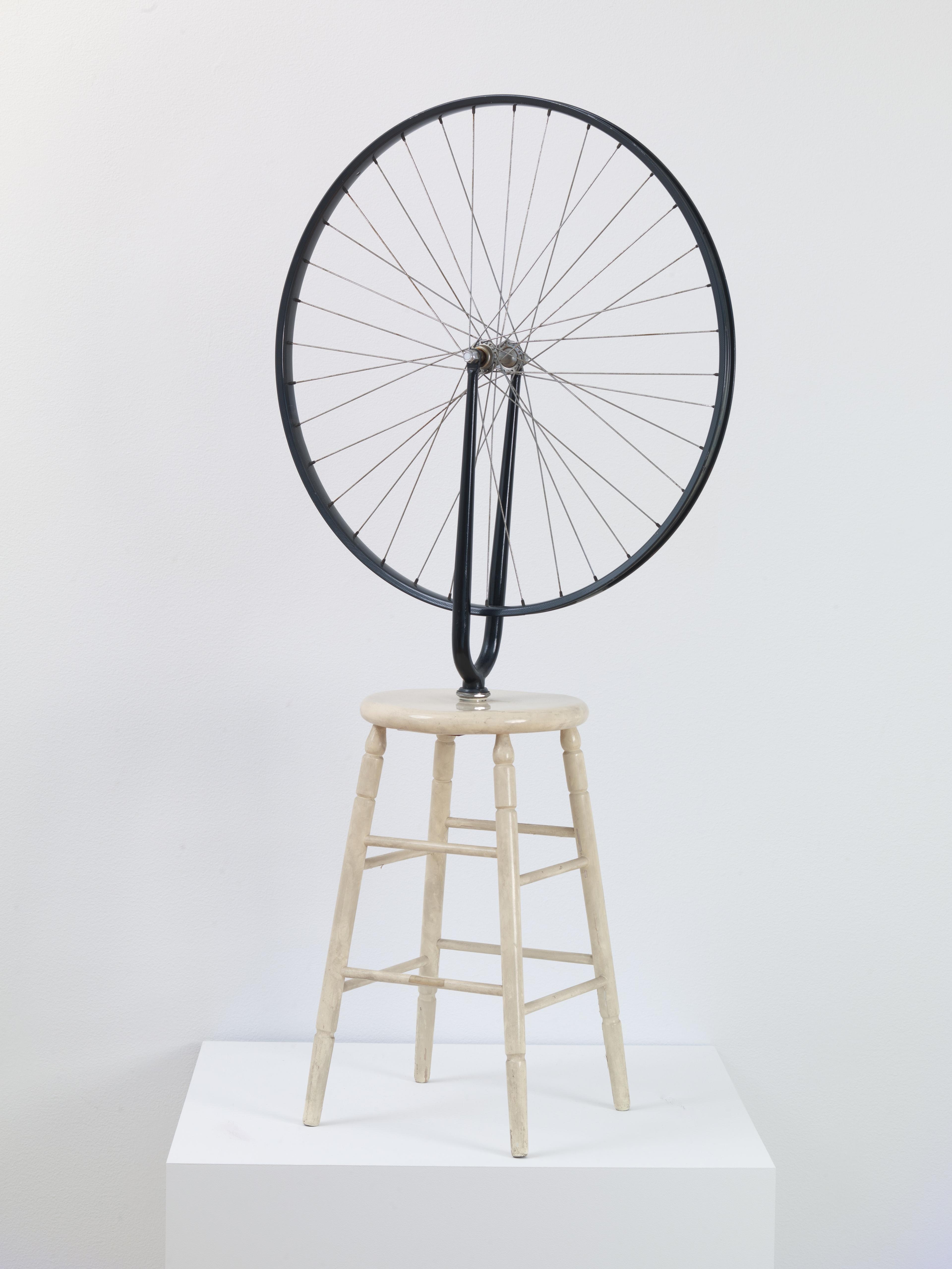My whole life—going all the way back to my school days—has been tied to an intense September–May work schedule, followed by a relatively calmer summer.
This summer feels unique, however.
It’s the first time in a long while that I am a completely free agent.
I spent the last three years as Assistant Conductor with The Philadelphia Orchestra.
Before that, I was pursuing an Artist Diploma at New England Conservatory. This current moment feels like the most reflective time I’ve had since we all experienced our BIG collective reset back in 2020.
This summer, I’ve been exploring again—deeply, and with intention: The Creative Act.
CREATING
I didn’t start my life as a classical musician.
The real birth of my musical self came through the electric guitar. My heroes were the legends of Classic Rock and the Blues: Jimi Hendrix, Led Zeppelin, The Who, The Beatles, The Doors, Stevie Ray Vaughan, Van Halen, B.B. King, Rush.
I didn’t just want to be really good at guitar—I wanted to write great songs.
Especially when I discovered Rush and their space-rock epics, with Neil Peart’s bookish and eloquent lyrics (maybe a little long-winded, but still…)
I still remember writing my first song. Somewhere, buried on a hard drive or MP3 player, there’s a hilariously cheesy Tristan Rais-Sherman original from 2001 or 2002.
Writing music has remained a constant in my life. I’ve taken long breaks, and over the past three years, I wrote almost nothing.
But in the past few weeks, I dove back in.
I rediscovered old hard drives and Google Drive folders—about 60 recordings of demos, little kernels, and fragments of undeveloped ideas. But there’s a lot of beauty there, and reviving my love of creating my own music has been one of the most positive forces in my artistic life lately.
The Creative Act has also led me to rediscover myself as a conductor—as a musician who studies and interprets the works that have been left to me.
My responsibility is to imagine a vivid sound world—imaginary stories, visions, situations. To enter the mind of the composer at the moment of creation.
To revel in the logic, the craft, the imagination—the creativity—of the composer at work.
WHAT IS THE CREATIVE ACT?
The choice.
As an undergraduate at Ithaca College, I almost added an Art History minor to my Cello Performance degree. I think I was one class short of the required credits.
One of my favorite college experiences was taking a master’s-level seminar on the work of Marcel Duchamp. I wrote the biggest paper of my life discussing The Large Glass. His ideas—like many artists who followed him—influenced me deeply.
“An ordinary object [could be] elevated to the dignity of a work of art by the mere choice of an artist.”

Art isn’t art because it’s beautiful. Art is art because it was chosen.
Composing is just choosing. We all have the same notes available to us. You simply must choose the right ones.
When I get a brief musical idea, it feels like I found it—like it already existed just beyond perception until it presented itself. And often, I’ll get a brief flash of the entire sound image of the song—like a strike of lightning. It disappears immediately, and then I have to dig through my imagination to choose the right notes—the ones that must be there. The ones that exist at the perfect center of logic, experience, taste, and style.
It has been a joyful experience to return to choosing.
Choosing the right notes.
And choosing my own path.
My own destiny.